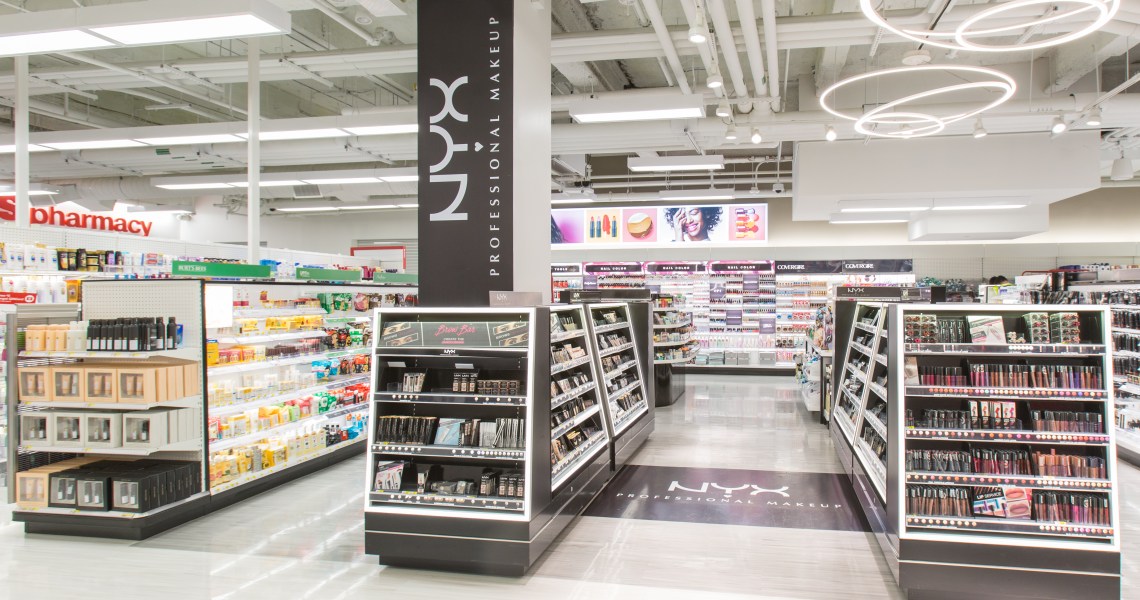Just ahead of Pride Month, Target announced last week that it would be pulling some LGBTQ-themed products from its stores due to threats of violence and potential danger to store staff.
The full statement has been Target’s final word on the subject, and the company did not respond to a request for clarity on which products were being removed from which stores.
“For more than a decade, Target has offered an assortment of products aimed at celebrating Pride Month,” the statement read. “Since introducing this year’s collection, we’ve experienced threats impacting our team members’ sense of safety and well-being while at work. Given these volatile circumstances, we are making adjustments to our plans, including removing items that have been at the center of the most significant confrontational behavior. Our focus now is on moving forward with our continuing commitment to the LGBTQIA+ community and standing with them as we celebrate Pride Month and throughout the year.”
But according to both marketing experts and queer activists, Target’s response leaves something to be desired. Imara Jones, founder of TransLash Media whose work on trans activism had her named to Time’s 100 most influential people of 2023 list, said Target’s decision sends the wrong message: that hate campaigns work.
“Target is underscoring the fact that transphobic and homophobic intimidation tactics can be incredibly effective,” Jones said. “With them following in Bud Light’s footsteps of retreating from trans inclusion, they are signaling that attacks on trans people overall — rooted in fear and intimidation — are OK.”
On her award-winning documentary podcast, “The Anti-Trans Hate Machine,” Jones has explored the moral panic that has arisen around transgender rights in the last few years, which has grown to include a massive wave of anti-LGBTQ legislation passed in the last two years.
That moral panic has begun to affect frontline workers. Journalist Matt Novak documented on Twitter a series of posts on the Target subreddit from Target employees citing encounters with hostile customers and being instructed to move Pride displays to the back of the store.
Ad position: web_incontent_pos1
Annabelle Baker, global brand director at the cosmetics brand Lush, said brands need to be “comfortable with discomfort.” Lush is an outspoken brand in support of LGBTQ rights. Right now, the company is in the middle of two campaigns, one in support of same-sex marriage in Japan where such unions are not legally recognized, and another against the use of conversion therapy in the U.K. Baker said the brand has faced all sorts of opposition for its stances, but has firmly stuck by them.
“There’s a Thomas Jefferson quote: ‘In matters of style, swim with the current. In matters of principle, stand like a rock,’” Baker said. “We’ve been outspoken about things for a while, so we’re used to hearing opposition from people. But consumers today expect brands to step out and be clear about what they support. And if you’re a brand that’s traditionally tried to stay down the middle, you might not know how to deal with that criticism.”
According to the LGBTQ organization GLAAD, more than 160 LGBTQ community events have been threatened with violence in the last year. GLAAD’s president and CEO Sarah Kate Ellis praised brands like The North Face, which vocally stuck by recent Pride Month activations despite criticism from right-wing groups.
“Including LGBTQ people and holding true to your corporate values is good for business,” Ellis said. “The North Face is following hundreds of other businesses that include and stand with LGBTQ people and our allies. At a time when over 20% of Gen Z is LGBTQ and a supermajority of Americans support LGBTQ people, The North Face’s decision should be a signal to other companies that including LGBTQ people and allies is better for business than siding with a small number of violent extremists who want to keep LGBTQ consumers and employees invisible.”
Ad position: web_incontent_pos2
For Imara Jones, a brand value that gets dropped at the first sign of pushback isn’t a very strong value to begin with.
“[Brands] should approach inclusion not as a one-off marketing ploy but as part of a larger plan, which would include how to respond to the inevitable attack from anti-trans forces,” Jones said. “To put a fine point on it, they need to examine what allyship and standing up for trans communities mean. And sometimes that will mean taking hits while doing the right thing.”




